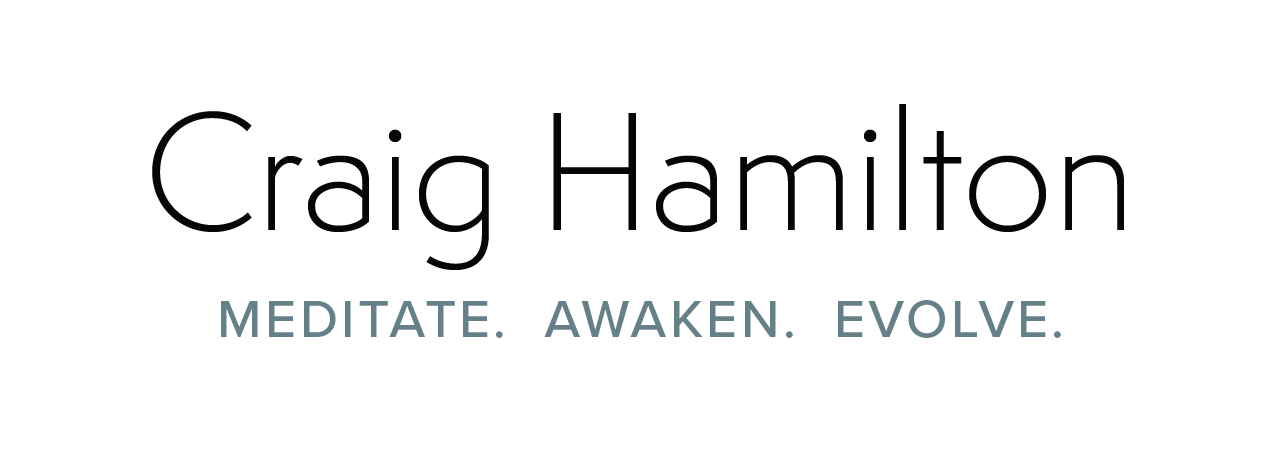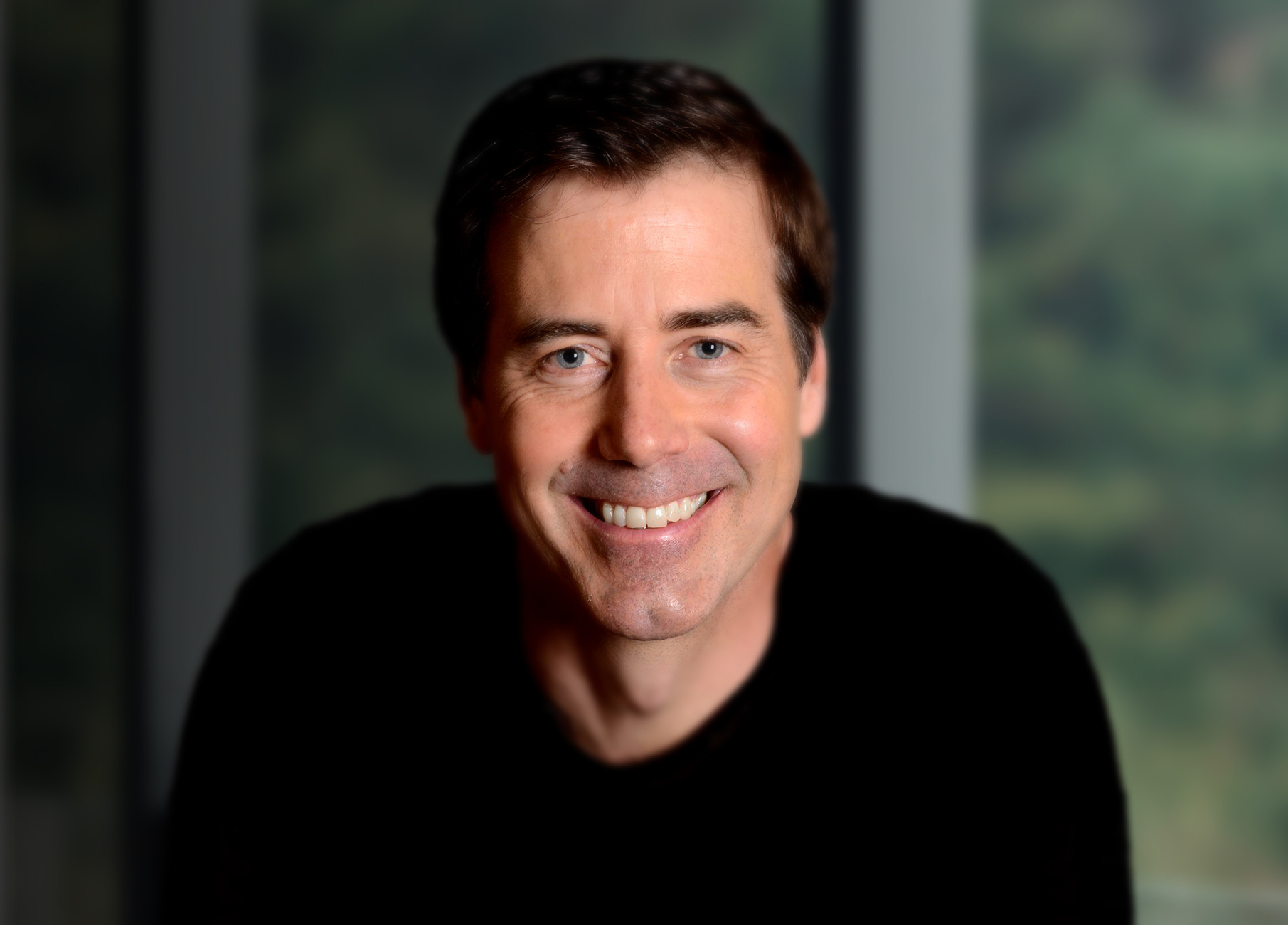Many of us today are engaging in a tremendous amount of spiritual work on ourselves. We’re meditating, praying, attending workshops, seminars, and retreats.
And this is good news. Because if the world is going to evolve, it’s going to take a lot of conscious people to lead the way.
Yet the vast majority of us who are engaging in spiritual practice are making a similar mistake. We tend to put far too much emphasis on the need to “work out” our personal psychological issues as part of our spiritual path.
The way this plays out practically is as follows: let’s say that you take up a spiritual practice in earnest, and you notice in the course of that practice that you’re deeply defended against life and intimacy. You won’t let other people see you. You always wear a social mask which hides a deep-rooted insecurity.
Well, upon discovering this, as psychologically informed people, our tendency is going to be to withdraw inward—to go back to our past, to start plumbing the depths of our psyche to try to find and uproot the causes of this fear and insecurity, and this tendency to hide ourselves from life.
The trouble is that although this “archaeological dig” into the depths of your psyche might lead to greater self-understanding, it won’t necessarily make it any easier for you to be vulnerable, authentic and present. Indeed, it might even take you further away from authentic intimacy with life by making you more self-preoccupied than before.
It’s important to recognize that this tendency toward self-preoccupation isn’t our fault. This habit grew out of our over-psychologized culture which basically told us that we were all damaged by our childhood and that we have “inner wounds” that need to be healed in order to become happy and fulfilled as adults.
And, as the world’s great wisdom traditions have been imported to the West, this pathology-focused worldview has gradually become superimposed onto the spiritual path.
Now, I’m not suggesting that doing psychological work is unhelpful or detrimental to our overall growth and happiness. Some of us have deep emotional wounds that will benefit immensely from effective psychotherapy. And, even the most well-adjusted among us can benefit from the greater self-awareness that comes from looking honestly at our blind spots, shadows and neuroses.
But when we let go of this compulsion to work out our problems and instead begin to directly engage in a path of authentic evolutionary spiritual transformation, we soon begin to discover that we have access to a part of our self that is already free from our ego’s limitations and issues.
This is what I call “the awakening of the Evolutionary Self.” It’s the discovery of a part of our self that was never wounded or traumatized, and that doesn’t need to be healed, because it is already whole and complete.
This part of the self has access to boundless energy, creativity, and positivity, and is completely ready to participate in life fully, boldly, passionately, holding nothing back.
When we step into this Evolutionary Self, we feel instantly connected to the heart of Life and energized by the impulse of evolution itself.
Miraculously, what we find in doing this work is that when people awaken to and begin to act from this deeper, truer part of the self, then all of the psychological issues, blocks, wounds, complexes, and neuroses that previously seemed so intractable suddenly seem to dissolve.
Now, it’s important to recognize that they haven’t truly dissolved. They can still be reactivated if we step back into the narrow perspective of the ego.
And, on the spiritual path, even if we’ve made great strides, it’s never a good idea to assume that we’ve gotten “beyond” anything.
But in light of this newfound, higher potential, and the profound sense of purpose and meaning that comes with it, we begin to discover a powerful motivation to no longer fall back into our “issues.”
Indeed, as our awareness of this Evolutionary Self grows, our old habits and issues become less and less interesting to us, and in that, they gradually lose their power over our psyche.
And that makes all the difference in the world. In this alignment with the Evolutionary Self, we begin to discover the real meaning of freedom from the ego. And we learn that this freedom is not something we have to wait for. It can happen now if we’re willing to give our heart and soul to it.
If you want to get a taste of the simplicity I’m describing, try this experiment. For one full day, go on a “fast” from any form of self-concern.
Throughout the day, any time you notice yourself mulling over one of your “issues” or trying to overcome an emotional or psychological “block” within yourself, simply put it down. Let it go. Turn your attention to something else.
Indeed, if you want to really get a taste of something different, try turning your attention away from your inner turmoil and placing it on the part of you that is already aligned with the big YES at the heart of the cosmos. And notice how your perspective on your problems changes.
This may initially seem difficult to do, but with a little practice, you might find that you begin to have access to a depth of presence and awakened clarity that you never could have imagined.
Try it for just one day. You might be surprised at what you discover.














Thank you so much for this wonderful article. It seems like God answered my question at just the right time for me through you. Thank you!
Ok Thank you Craig. This is very helpfull. But i was wondering what is the difference between what you propose as a one day practice and spiritual bypassing ?
There’s a fine line between evolutionary consciousness and spiritual bypassing. For me, the difference is that in the former I acknowledge my issues but don’t spend time dwelling on them. I turn them over to God (or my higher consciousness) and trust the process by which they will be worked out. Bypassing, by contrast, is a form of denial where I don’t take responsibility for my shadows. This is not a useful approach.
I admit my bias upfront: I have been in various sanghas and have consistently and more often seen the “spiritual bypass”: emotions in the group were often pasted over and genuine conflict was avoided in the name of harmony .
This doesn’t invalidates Craig’s main point and we can get attached to the burden of psychological over processing but in my experience too much interpersonal harm had been done by the psychologically unaware; this, I find, impedes spiritual growth . In my experience psychological and spiritual growth are interdependent and interrelated .
The problem is not about doing self work, its that most people dont know what they are doing. And no meditation will not fix it. All ancient healing traditions focused on healing the wounds before pretending to be enlightened.
Hi Craig. Thank you for this article. I have been practicing separating from my inner critic and choosing my thoughts and feelings consciously. Can you tell me if what I am doing and what you are suggesting are any kind of spiritual bypass? I’ve been told that we are supposed to experience trauma in able to grow. Thanks again x
Thank you in my late fifties I am ‘over it’ as far as digging in to all of the trauma. I am so very grateful for every moment.
Oh, yes.
I like this.
Thank you for your insight into finding a reprieve from the psychological burdens many of us struggle with. I believe we somehow carry a tenacious need to maintain a sense of self that is wounded, patterned with memory and emotional-psychological experience to work through. This personal and often collective persona can run deep. I also believe that spiritual awakening steps out of this persona to realize the universal-self, transcendent of the personal-self with its seemingly endless issues and complexes waiting to be untangled. Our persona and ego seems to be the Gordian knot that will never be united, but only released — not by the brutal force or shock of tragedy or near death, although this sometimes occurs — but by a paradigm shift in consciousness that is a clear cut into the center of existence, where the true Self lives on unwounded.
Is the “evolutionary self” the same as “the higher self”?